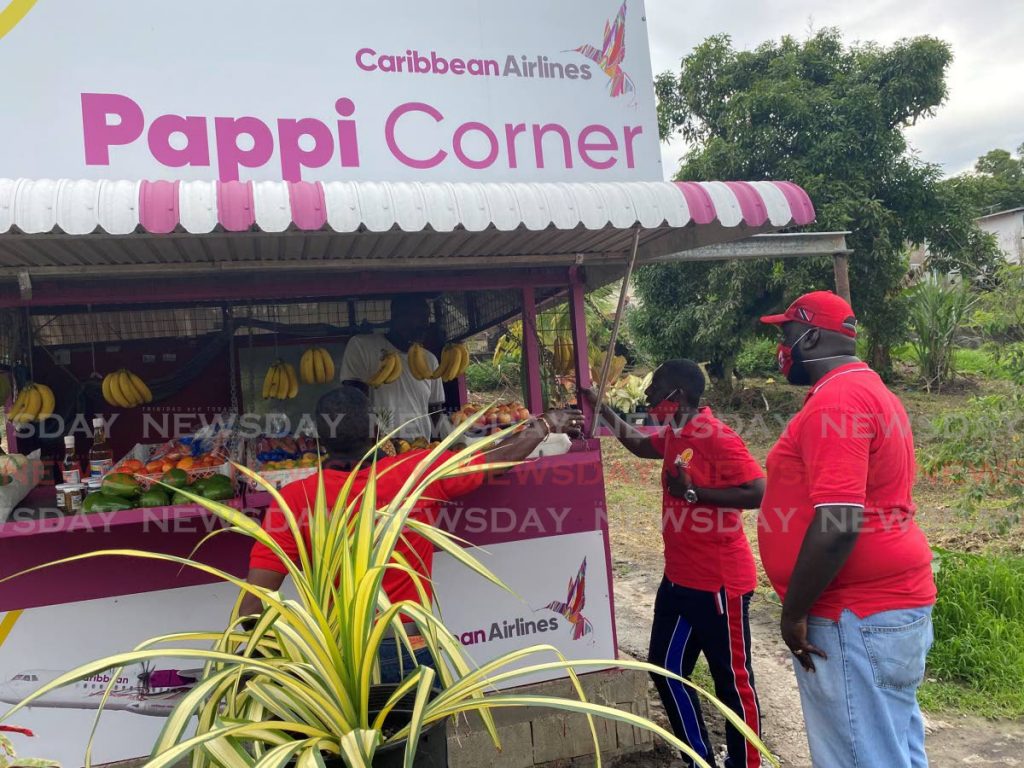Electioneering and the workplace

The Prime Minister has announced that our duly democratic right to select our ruling legislative arm of parliamentarians will be afforded to us on August 10, 2020. Not many of us were surprised by this announcement.
However, we must be mindful that this season is no excuse for employees to bring the campaign to the workplace and attempt to practise workplace electioneering. While it is every citizen’s right to get involved in the democratic process, the workplace is not a free-for-all, and so there must be a clear demarcation between the workplace and the campaign.
This week, I will look at the operation of the business, employee conduct and our mutual obligations during the election campaign season. This is intended to help us all carry on with our everyday actions, conversations and sometimes heated debates, all within the permitted limits within the workplace.
Firstly, I trust that the campaigners and candidates who are employed particularly in the private sector would be guided by workplace policies. Policies may debar employees from soliciting contributions from co-workers or customers, any overt attempts to influence their peers’ support for a candidate and the use of company time and its resources for political purposes. In the case where policies prohibit workers from using its resources, permission should be sought from the supervisor or departmental manager for express approval.
I understand that especially in small and micro businesses, owners may openly support a candidate and owners may be okay with their workers openly doing so as well, and the use of company’s resources might even be encouraged. This may also include the use of company vehicles in the campaign or covered with political paraphernalia.
However, I advise that in all other circumstances, employees should get written approvals instead of trying to “thief a chance.”
Employees should not use official work time to carry out campaign duties. What they can do. therefore, is use the options available, which are to take either no-pay-leave or vacation leave if they wish to have time off. No-pay leave must be provided for in the collective agreement in a unionised work environment, or in the employee handbook. Failing that, it will be left up to the employer’s discretion to grant such leave of absence.
The issue of conflict of interest is a very serious one and can often collide with an employee’s implied duty of fidelity while electioneering. Employees at the workplace many times can get caught up in the tide. This conflict of interest can occur when company requirements become at odds with the political campaign. Examples can range from sharing confidential files or even making public comments outside work which may have an impact on the employment relationship or the company’s reputation.
Could you imagine if the unfortunate public comments made by retired Brigadier General Ancil Antoine were made by a worker in a different situation? Say for instance, one who might have been working for a foreign-based private organisation?
Generally, an employee’s off-time cannot be regulated. However, where it particularly pertains to an employee holding a prominent managerial or executive position, his public conduct may negatively affect the company’s reputation. That kind of behaviour just might cause the company to be blacklisted from state contracts, etc. These are considerations which must be delicately weighed.
In a case where sensitive information is involved, can an employee be trusted to be confidential, as he is generally contractually obligated to be? The reality is that emotions tend to run at elevated levels during "silly season," potentially creating opportunities where caution may be thrown to the proverbial wind.
What, then, occurs where an employee candidate contests and wins a seat in our House of Representatives? What if he or she is given a ministerial portfolio?
The answer is rather simple and can be found in the well-established principle that "no man can serve two masters." Indeed, that employee is expected to resign or risk being dismissed.
I am however aware that there exists a Cabinet note which provides guidelines to public servants on such matters. These people can in fact be granted extended leave of absence without pay as they will be considered to be on national service while they serve as an MP or on a full-time government appointment.
On the other hand, employers have a responsibility to ensure that the workplace is safe and remains a hostility-free environment. They therefore must be sensitive to workers who may be divided along racial, religious or class lines and may often have very strong opinions on contentious issues. Discussions can therefore easily move from friendly to harassment, or can become very heated and disrespectful.
It is therefore very important that employees are reminded of the workplace rules, which may include a restriction of bulletin boards or an e-mail system for political purposes. At this time it may also be necessary to remind them of the disciplinary consequences of inappropriate workplace conduct. Employers have the usual responsibility to respond quickly to complaints. Where they may find themselves in grey areas, they should seek professional advice and be guided by our laws, jurisprudence and best practices.
Let us all be respectful at this time, especially at our workplace, which will be left standing after our general, parliamentary elections have ended.


Comments
"Electioneering and the workplace"